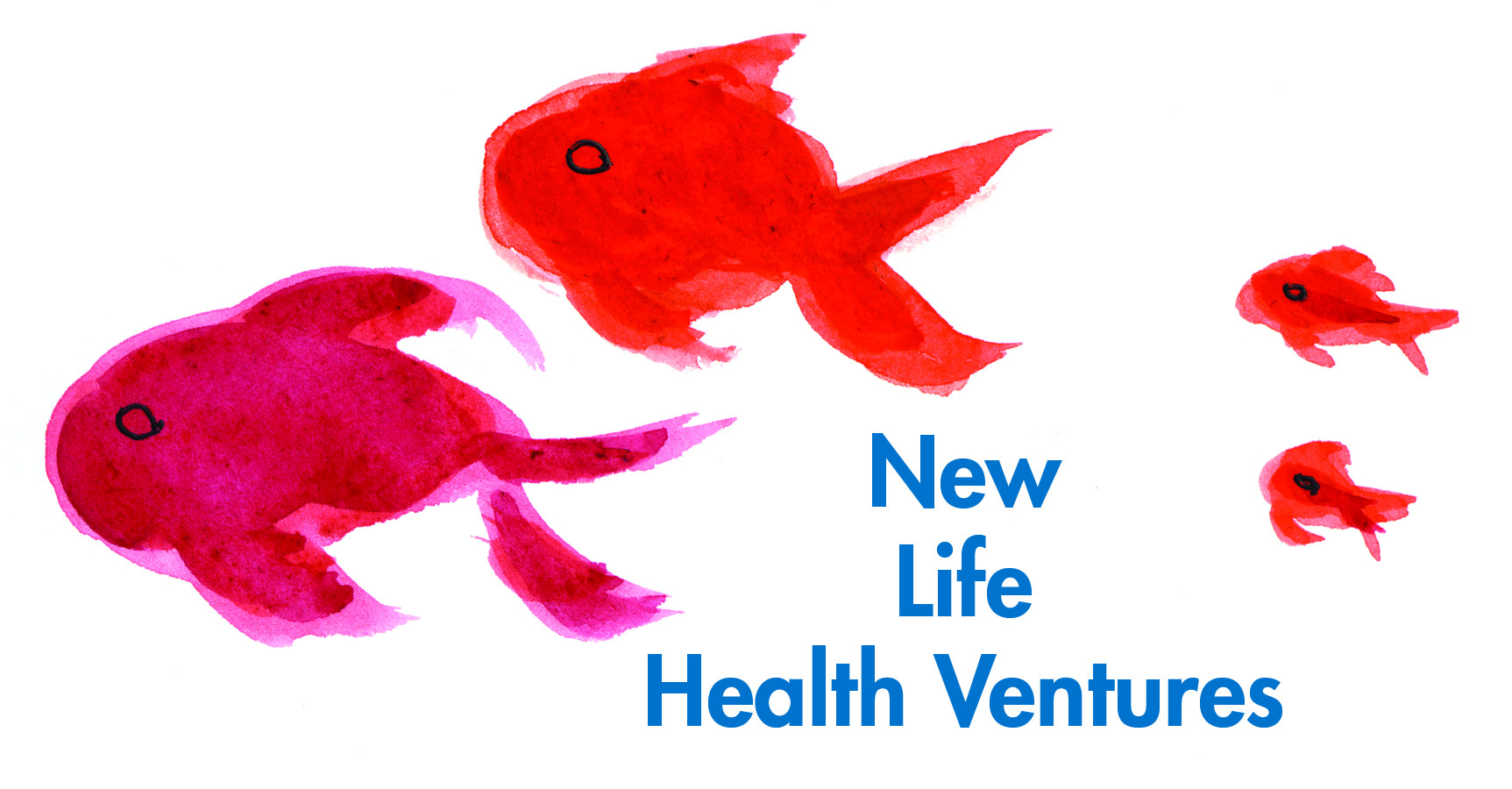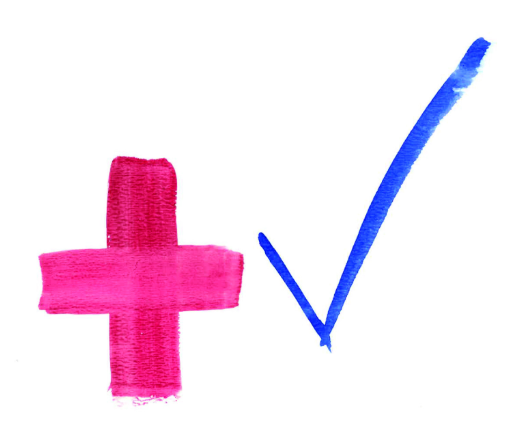

A Plea for Psychaitric Drug Withdrawal Help Letter to United Health CVS and BMY
Ms. Susan Lein
November 11, 2019
Dr. John Noseworthy & Mr. Wiiliam McNabb
Outside Director
United Health Group
9900 Bren Road East
Minnetonka, MN 55343
Mr. Larry Merlo
CEO
CVS
One CVS Drive
Woonsocket, RI 02895
Dr. Giovanni Caforio
CEO
Bristol Myers Squibb
430 E 29th St 14th Floor
NY, NY 10016
Dear Dr. Noseworthy, Mr. McNabb. Mr. Merlo and Dr. Caforio,
I have written to each of you previously about my dangerous and life changing withdrawal from Bristol Myer’s Squibb’s blockbuster psychiatric drug Abilify and shared with you how negligent BMY and the FDA are in this regard.
I am writing to you now about a new approach to the Mental health Crisis in America, a $300 Billion problem with little concentrated direction or leadership, much abdication of responsibility and in many cases void of hope. It is in need of leadership and change. Please read the enclosed 20 for 20 Newsletter.
I know this all too well as I have been a participant for some thirty years and an activist for some seven. I am a highly trained researcher and analyst, a published statistician, an innovative collaborative problem solver and I am in need of your attention and support. It will take you about thirty minutes to read these enclosed documents and have a foundation of knowledge that can be thought provoking.
The Mental Health Crisis in many ways parallels the opioid crisis in that the false belief that a pill is a long term solution for pain prevailed and little thought was given as to how to discontinue the medication and that due to the physical dependence of these drugs, a evidenced based approach is needed for safe discontinuation and there are few trained providers and even basic awareness is lacking. This is complicated by the fact that in the field of medicine there is often times little interaction between researchers and practitioners and the drug manufacturers and the FDA have not provided or required research on the withdrawal process and have had little regard for patient safety.
I am in the early stage process of forming an association that would support providers with education, research, training and moral support as they safely help desiring patients withdrawal from medications. I am calling this organization “Take Off” and I am in preliminary talks with the International Society for Ethical Psychology and Psychiatry and have reached out to the Mayo Clinic and the University of MN Medical School’s department of psychiatry. This is an approach most ideally be addressed through collaboration and cooperation from multiple constituents, including drug companies, pharmacies, insurance companies, providers, medical schools and research institutions. There is even a role for big data in tracking non personalized information about patient characteristics and drug and withdrawal reactions so that findings such as red haired premenopausal women that have been on Abilify for over a year are most hard hit by its withdrawal and should be closely monitored. In many cases successful withdrawal may only be done successfully with a progression of drugs as has been found by The Mayo Clinic with opioids. At present many patients take themselves off the drugs themselves and even when a provider is involved, the provider is inadequately supported or forewarned as can be the case with Abilify. Withdrawal can be dangerous and even evoke violence.
They say that a problem properly identified is half solved. In mental health at a patient level, problems are frequently not properly identified for a number of reasons as outlined in the enclosed 20 for 2020 newsletter. Work is being done in many of these areas and the organizations that you lead or govern could play a role to help. Myopic corporate focus on revenue and profits is in part responsible as is lack of leadership and viable communication channels. It is encouraging to note that The Business Round Table has adopted a more stakeholder approach for the purpose of an organization and I hope this permeates you and the organizations you lead or govern.
Today is Veteran’s Day and our veterans have been hard hit by insufficient and inappropriate mental health care. Our nation has suffered as a result. This week is Global Patient Week at Bristol Myers Squibb and employees are encouraged to listen and be inspired by patients. I ask that Dr. Caforio reflect on Abilify patients and how they have been treated by the company and how that can change by supporting this “Take Off” inititiative.
Jamie Dimon was featured on sixty minutes last night as JP Morgan Chase was instrumental in helping transform the city of Detroit from is shell shocked condition. He is quoted as saying “Just writing a check does not work very well” and “we need a long game to reverse long decline”. In mental health we have seen that in most cases a pill is not an answer and due to their addictive properties we need a long game. We need to properly acknowledge the problem and commit to putting our best efforts to address it. Over $500,000 on inappropriate and even damaging care has been spent on me as a result of Abilify and there has been little cooperation or help from BMY, Blue Cross Blue Shield and providers have been inadequately equipped although some tried very hard. My sleeping is still severely impaired due to Abilify.
I would like to see the Mayo Clinic and CVS and The University of MN Medical School and even Bristol Myers Squibb play an active role in supporting “Take Off”. The Mayo Clinic is playing a lead role in treating the opioid crisis and successfully treated me when I was an infant and is open to new ideas. Ralph Hoagland, my godfather was a founder of CVS and he played a consulting role in studying supplements and vitamins for CVS. The University of MN Medical School has new leadership in their department of psychiatry that is open to breaking down walls.
I would like each of you to internalize this with the organizations you represent and with your own gifts and talents and resources. Please do what you can and see if you can find capable people interested in working on this new approach. Solutions require collaboration as does adequate care. Top down approaches can save time and encourage commitment. I don’t have the answers but getting the right people together is a good start. Seed money for the organization from you personally or from your organizations would also be of value and put to good use.
Please read the enclosed documents: A copy of my suggestion to The Mayo Clinic, A newsletter on Mental Illness Health Care, A Thumbnail Sketch of Take Off and a copy of my resume.
You are encouraged to contact me and I would appreciate a response by the end of the year. You are in a position to help and I ask that you give prayerful and thoughtful consideration as to how you can help. I have and I am asking you to help this Take Off.
Merci,
Susan Lein
Abilify Survivor and Activist
CC: Mr. Jamie Dimon, Mr. Carl Icahn, Mr. & Mrs. Ralph Hoagland, Dr. Peter Breggin, Dr. Gail Tasch, Board Member ISEPP, Dr. Gene Neri, Dr. Charles Hillendbrand, Chuck Ruby, PhD Executive Director ISEPP, Dr. Paul E Croarkin, The Mayo Clinic, Ms. Joanna M. Biernacka, PhD The Mayo Clinic, Dr. Sophia Vinogradov U of MN Medical School, Ms. Marilyn Carlson Nelson CEO Inspire Medical Systems, Inc., Mr. Don Lein
